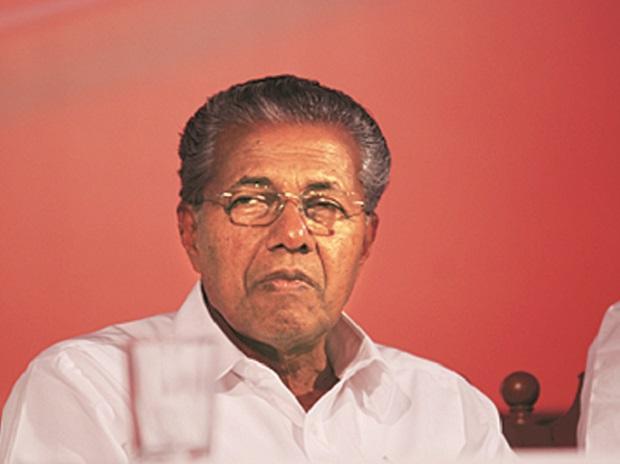Kerala Plans to Boost Agriculture Post COVID-19 Crisis

Image Courtesy: Business Standard
Life post Covid-19 crisis will not be the same as it has been before. So, along with the fight against the pandemic, almost all establishments are planning their strategies to cope with the post-Covid-19 period. Kerala, the state which has received international recognition for its measures successful in flattening the curve, is, too, now gearing up for the times to come.
The state has decided to allocate Rs 3,000 crore for the agriculture sector in the post-Covid-19 period. Chief Minister Pinarayi Vijayan, in his press conference on Wednesday, said that this amount will be spent in the next one year on agriculture. Rs 1500 crore will be raised from the plan outlay to the local bodies and various departments. The remaining amount will be procured as loans from NABARD and co-operative societies. The chief minister has also instructed co-operatives to lend at low interest rate or interest-free.
As the pandemic posed a threat to the availability of agricultural produce, the government has decided to focus on modern farming techniques and practices to maximise produce. "The state needs large-scale interventions to increase the output of food grains, fruits and vegetables," said Pinarayi Vijayan on April 21.
The chief minister, in his daily press briefings, even urged the people to focus on kitchen gardens, which would help the family to be self-sufficient in terms of vegetables. Right now, the state is largely dependent on other states for its supply of food grains, fruits and vegetables.
“We have enough food stocks available for now and we are in a comfortable situation. However, if the current circumstances due to the pandemic outbreak continue for long, we will need to start preparing for the future and would need big interventions in the agriculture sector," Vijayan told reporters.
At present, the state has 568,556 tonnes of rice, 136,631 tonnes of flour, 2,636 tonnes of onion, 3,071,000 litres of sunflower oil, 2,155,000 litres of coconut oil and 12,652 tonnes of sugar in stock. "The Local Self Government (LSG) can initiate farming on vacant land, if owners are not able to start farming on their own," said Vijayan. "Farm mechanisation will be helpful and more youngsters should step forward to take up farming," he added.
Read more: COI-19 in Rural India-XXXI: No MGNREGA Work Available Jajpur’s Ampora Village
A large-scale project to start cultivation in fallow land is also set to begin next month. So, all local bodies across the state are asked to submit their revised Annual Plan before May 15. The state has 1.09 lakh hectares of wasteland including plantations and fields. Along with this, mixed cultivation will be promoted on 1.40 lakh ha of land. The landowners who are willing to do farming will get support from the state. In other places, Self Help Groups, Kudumbasree, etc. will take over the cultivation processes with the consent of the land owner.
The state needs 20 lakh metric tonnes of vegetables every year and this year, the production has been about14.72 lakh MT. In the case of paddy cultivation, the expanse of land where cultivation is being done has been increasing. The paddy cultivation was confined to 170,000 hectares of land in 2016-17. But it has risen to 203,000 hectares by 2018-19. In terms of production, it rose to 580,000 tonnes from 440,00 tonnes in the same period.
The state government has also taken steps to increase the production of vegetables along with facilities for storage of the produce. Both short-term [to be ready by Onam] and long-term crops will be planted. Along with this, a digital marketing system will also be introduced.
Meanwhile, the Industries Department plans to develop a plan for value-added products. Increase in livestock wealth and increase in production of milk, egg, fish etc. will also be focussed at. Through this, the government aims to engage expats who might be staring at job losses due to the pandemic. The chief minister has also urged the youth to be a part of this plan.
Get the latest reports & analysis with people's perspective on Protests, movements & deep analytical videos, discussions of the current affairs in your Telegram app. Subscribe to NewsClick's Telegram channel & get Real-Time updates on stories, as they get published on our website.
























